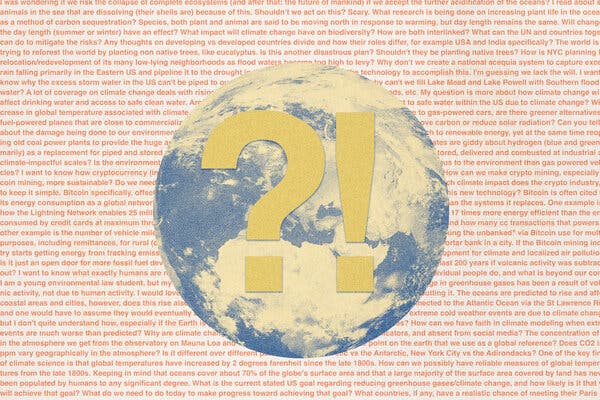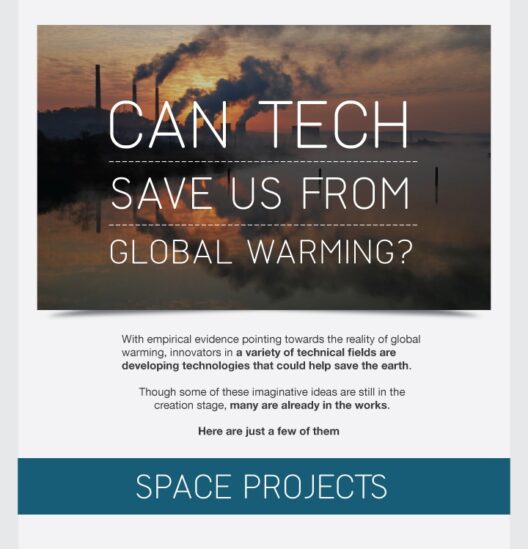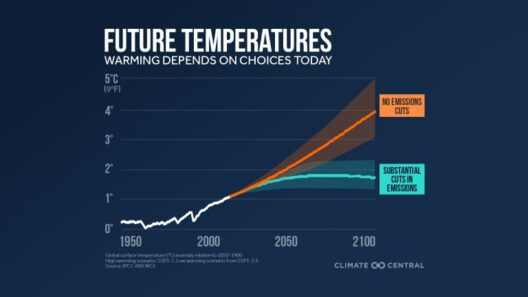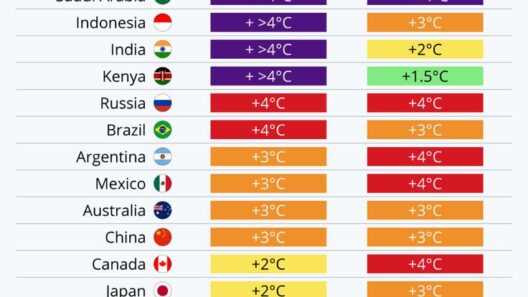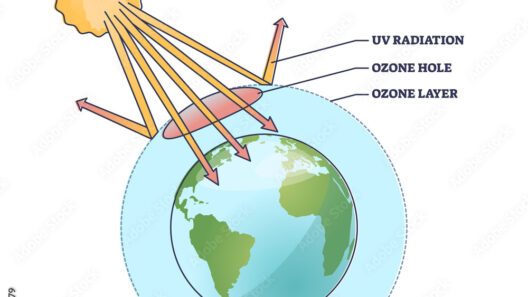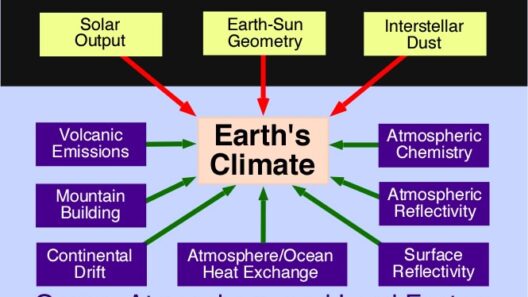Have you ever considered how climate change is not just an issue for distant wildlife or polar bears but an insidious factor affecting your daily life? Many perceive climate change as an abstract concept—something that looms on the horizon, threatening future generations. However, an alarming transformation is unfolding, impacting you right now, whether you realize it or not. By shifting your perspective, you can grasp the immediate ramifications of this global phenomenon.
To comprehend how climate change intertwines with your existence, let’s delve into its subtler effects—those often overlooked in discussions dominated by rising sea levels or extreme weather events. The reality is that climate change infiltrates our lives on multiple levels: health, economy, and even our emotional well-being.
In the realm of health, the atmosphere has become a tapestry of contrasting extremes. The increase in temperatures amplifies the prevalence of respiratory ailments. The rising warmth contributes to the proliferation of allergenic pollen, exacerbating conditions such as asthma and hay fever. You may find yourself sneezing more often, attributing it to seasonal changes, yet this could be an early symptom of something deeper. Furthermore, as temperatures surge, we witness the resurgence of diseases previously confined to tropical regions—think dengue fever and Zika virus. These vectors are becoming wanderers in our landscapes, posing unprecedented challenges to public health.
The economic consequences of climate change ripple through various sectors, affecting you in ways you might not be aware of. Agriculture, for instance, is intricately linked to climatic conditions. As droughts become more frequent and rainfall patterns shift dramatically, food production is at risk. This can lead to increased prices at your local grocery store, transforming what once was easily affordable into a luxury. You may notice that staples such as wheat and corn—basic commodities—are fluctuating in price due to scarcity brought about by adverse weather conditions.
Moreover, the energy sector faces seismic shifts. With more frequent and intense heatwaves, demands for cooling during peak summer months escalate. The resulting strain on the energy grid can lead to outages, affecting your ability to work, stay comfortable, or even keep food refrigerated. As utility prices climb in tandem with demand, your monthly bills may swell unexpectedly. Energy companies are grappling with how to maintain reliable service in an era of climatic unpredictability, and the fallout will be felt in your wallet.
Additionally, climate change is inching closer to one of our most cherished luxuries: travel. As weather patterns morph, vacation hotspots become precarious. Increased flooding, wildfires, and hurricanes threaten destinations once deemed idyllic, reconfiguring travel plans and insurance policies alike. Glance at any travel insurance clause, and you will find a new lexicon—”climate-related events”—that could invalidate your dreams of escape, causing anxiety before your journey even begins.
Emotionally, the ramifications of climate change are becoming increasingly tangible. The phenomenon is more than merely cyclical; it creates a psychological toll known as eco-anxiety. As extreme weather conditions intensify and contribute to more frequent natural disasters, feelings of dread and helplessness can infiltrate your psyche. The news depicts devastation in real-time, leaving many grappling with a sense of powerlessness. This emotional burden is another subtle way that climate change tether itself to your life, prompting you to consider not only the physical world around you but your mental state as well.
As if these issues were not enough, climate change is also influencing our social fabric. The fallout from environmental changes can lead to increased migration. People displaced by extreme weather events or unsustainable conditions seek refuge in areas with more stable environments. This migration exacerbates social tensions and challenges local resources, thereby affecting communities and individuals alike. It may manifest as higher competition for jobs, housing, and essential services—issues that are decidedly personal, making this universal concern uncomfortably intimate.
It is also crucial to consider climate change’s impact on the very fabric of our ecosystems that provide us with essential services. Biodiversity loss is occurring at an alarming rate, which undermines the stability of food systems and the water cycle. The implications are dire; fewer species mean diminished natural pest control, pollination, and soil health, all of which directly affect the quality of life. Consider your own backyard: Plants and animals that once thrived might be struggling, leading to changes that can subtly affect your own enjoyment of nature.
So, how can you respond to such profound challenges? It begins with awareness. By recognizing how climate change is intricately woven into your daily life, you can foster a sense of agency. Engage in conversations, advocate for sustainable policies, or simply adopt more environmentally conscious habits. Each action, whether collective or individual, can reverberate through communities and, eventually, the world.
Climate change is not a distant threat lurking at the periphery; it is a profound force reshaping our realities. Your life, your health, and your emotional well-being are all entwined within this narrative. By acknowledging and understanding its subtle intrusions into your day-to-day existence, you participate in a vital dialogue—a discourse that unites humanity in confronting one of our most pressing challenges. Embracing this knowledge equips you with the perspective to take part in meaningful change, catalyzing action in your own life and inspiring others to do the same. The question is no longer whether you are affected; it’s about how you choose to respond. Will you stand still, or will you be part of the solution? Your decision could make all the difference.


